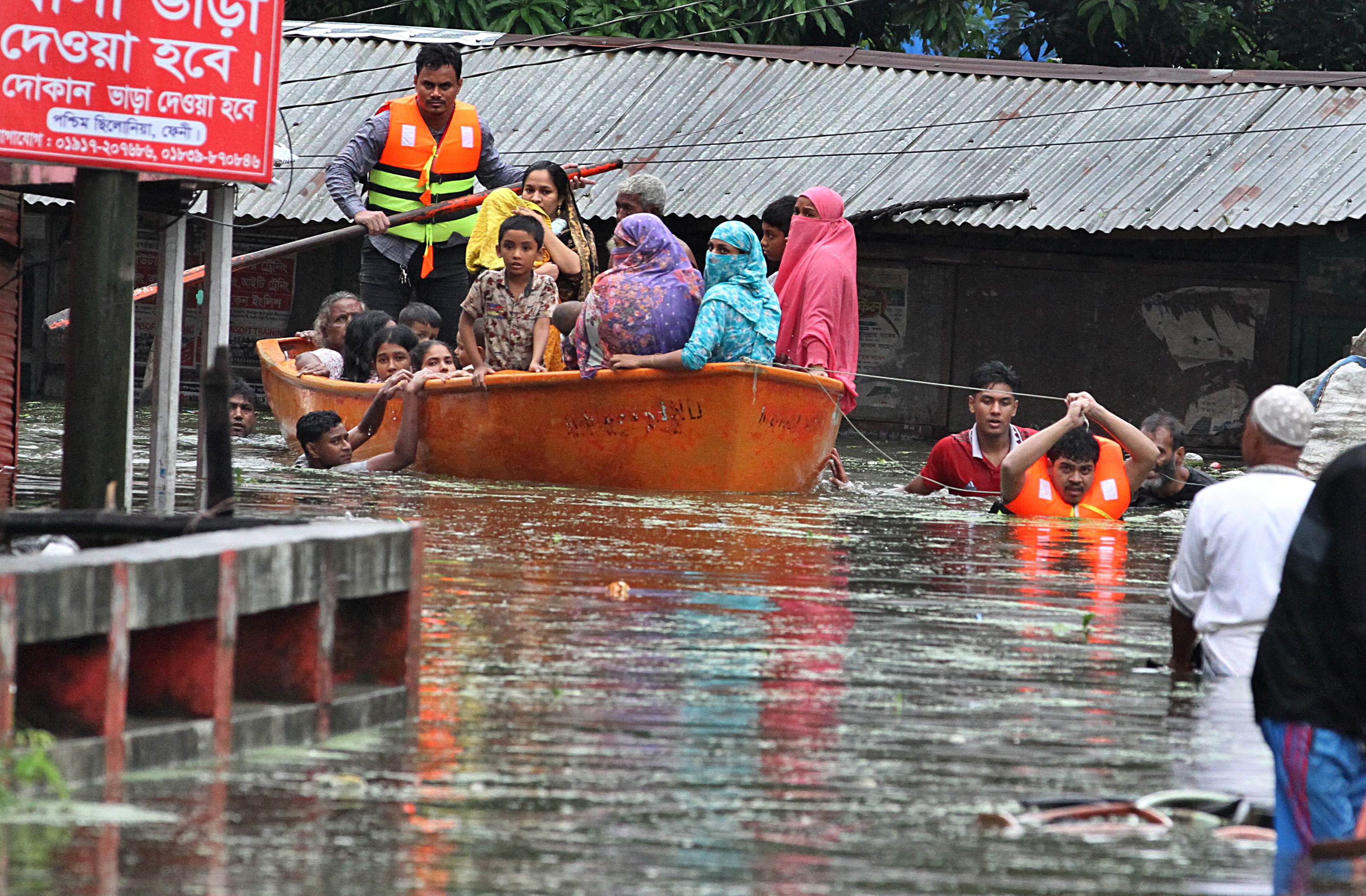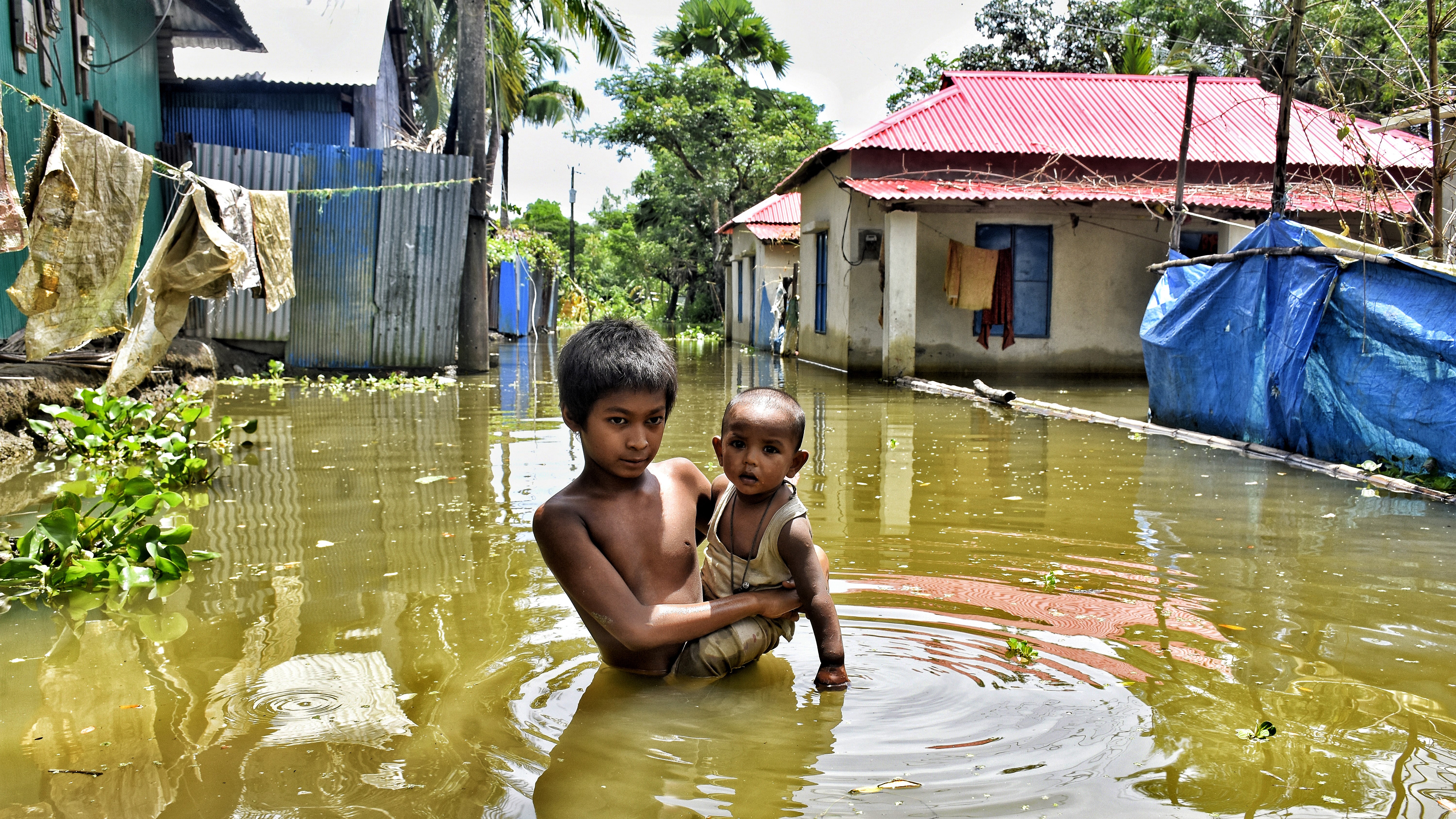COP30 must deliver tangible outcomes for the vulnerable

The 30th Conference of the Parties (COP30) of the United Nations Framework Convention on Climate Change (UNFCCC) will take place from November 10 to November 21 this year in Belém, Brazil. This will be the first time the summit is held in the Amazon region—a symbolic decision representing the dual crises of climate change and socio-economic inequality. While its geographical proximity puts climate-vulnerable communities and ecosystems under a harsh spotlight, the conference risks replaying the disappointments of COP29 unless it addresses deep-rooted inequalities in finance, representation, and implementation.
For developing countries like Bangladesh—where every cyclone, flood, and lost crop is a human catastrophe—COP30 is not a photo opportunity; it is a test. The question is whether the summit will provide the legally binding climate finance, mutually beneficial solutions, and inclusive governance that frontline nations desperately require, or continue the practice of promising much while delivering little.
Belém's selection is no mere geographic novelty. Hosting COP30, there is a deliberate show of solidarity with vulnerable communities, Indigenous peoples, and frontline ecosystems. However, this symbolism is being tested by conflicts of interest—Brazil's own oil exploration around the Amazon threatens global calls for fossil fuel phase-out and forest conservation.
Adding to the tensions is the infrastructure built for the summit. A newly paved four-lane highway through the protected rainforest, the Avenida Liberdade, poses another challenge, as it contributes to deforestation in a critical carbon sink. This contradiction, emphasising vulnerability while simultaneously undermining it, mirrors broader COP30 dynamics.
At the Bonn climate talks in June 2025, key obstacles were revealed: few countries have submitted updated Nationally Determined Contributions (NDCs), and those submitted appear insufficient to safeguard the 1.5 degree Celsius target. Logistical constraints are another concern. Belém faces accommodation shortages, further raising cost barriers for lower-income delegations. There have been calls for UN-subsidised lodging, but Brazil has declined.
Finance: The continuing fracture
COP29 in Baku pledged only $300 billion per year by 2035 in climate finance—far short of the $1 trillion-plus target demanded by developing countries. Article 9.1 of the Paris Agreement remains unrealised and is expected to dominate the COP30 agenda. Developing nations are demanding the restoration of a binding public finance commitment rather than reliance on the opaque regime of private funding.
The "Baku to Belém Roadmap" aims to bridge this gap by mobilising $1.3 trillion annually by 2035, yet scepticism abounds regarding its enforceability without guaranteed public finance.
Implementation over negotiation
Amid institutional frustration, Brazil is calling for a new narrative: COP30 should focus less on stalled negotiations and more on implementation. This "twin mantra" of concrete climate action over endless diplomacy sounds promising. However, it is easier said than done.
Civil society and experts warn that the summit must deliver tangible outcomes on fossil fuel phase-out, curbing deforestation, adaptation, and finance, not merely words.
As one of the most climate-vulnerable countries in the world, Bangladesh views COP30 through several intersecting prisms. The country's urgent needs—protection from floods, resilience against cyclones, and climate-smart agriculture—will rely heavily on secured adaptation finance. However, without clear commitments under Article 9.1 and an effective finance roadmap, Bangladesh risks being left increasingly exposed to devastating climate shocks in the coming years. Without equitable burden-sharing and predictable supplies of public finance, the credibility of the global climate regime will be on the line.
Another pressing concern, in the absence of adequate public finance, is dependence on private capital—either as loans or investments—which could leave Bangladesh burdened with additional debt rather than receiving grants. This has long-term implications for economic stability and may impede genuine adaptation efforts. For a country already grappling with fiscal constraints, the shift from public to privatised financing mechanisms is not enough and may even prove damaging.
These challenges are compounded by gaps in access and representation. Limited capacity to utilise improved NDC submission platforms, inadequate representation in side events, and prohibitive participation costs restrict Bangladesh's ability to campaign effectively on the global stage. The logistical realities of COP30 being in Belém make access easier for wealthier delegations, further marginalising those from developing countries.
The Amazon setting also resonates deeply with Bangladesh's own ecological systems—especially the Sundarbans, which are increasingly threatened by rising sea levels and industrial exploitation. If the preservation of the Amazon holds global significance, so too does the protection of Bangladesh's mangrove forests and delta systems. The struggles are interconnected, underscoring that climate justice is a shared responsibility beyond regions.
COP30 carries enormous symbolic weight. Hosting the summit in the Amazon is a strong statement, but symbolism alone cannot replace the real commitments and actions that vulnerable nations urgently need.
For Bangladesh and its peers, COP30 must be more than stagecraft; it must be a summit of substance. That requires enforcing public grants—not loans—ensuring equitable access and representation, and embedding accountability into climate finance mechanisms. If Brazil's COP presidency prioritises implementation over rhetoric, safeguards ecosystems rather than fragmenting them, and centres climate equity instead of marginalising it, COP30 could be a moment of promise. Otherwise, Amazon's symbolic significance will be squandered, and vulnerable countries like Bangladesh will remain stranded and climate-resilient in rhetoric, but not in reality.
COP30 has a duty to move beyond tokenism. It should deliver action, mobilisation, and transparency through accountable, enforceable climate finance, equitable participation, and concrete adaptation measures. Only by securing these outcomes can COP30 be remembered as the summit of substance rather than another missed opportunity.
Dr Selim Raihan is professor in the Department of Economics at Dhaka University, and executive director at the South Asian Network on Economic Modeling (SANEM). He can be reached at selim.raihan@gmail.com.
Views expressed in this article are the author's own.
Follow The Daily Star Opinion on Facebook for the latest opinions, commentaries and analyses by experts and professionals. To contribute your article or letter to The Daily Star Opinion, see our guidelines for submission.




 For all latest news, follow The Daily Star's Google News channel.
For all latest news, follow The Daily Star's Google News channel. 

Comments